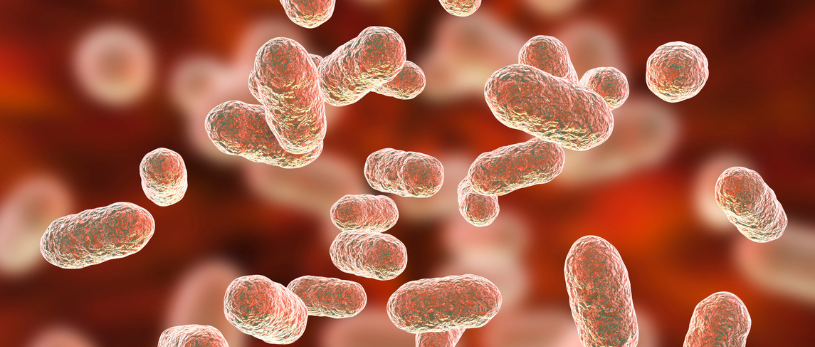Tobacco, and more recently vaping, have become silent enemies of fertility. Although many people associate these habits with respiratory or cardiovascular risks, their impact on reproductive health is equally concerning. In both men and women, smoking or vaping can negatively affect the quality of eggs, sperm, and even embryo implantation.
In this post, we explain how these substances interfere with fertility and why quitting smoking is recommended if you’re trying to conceive—especially if you’re undergoing assisted reproduction treatment.
Tobacco and female fertility: a threat to ovarian reserve
Smoking cigarettes accelerates ovarian aging. On average, women who smoke experience early menopause between 1 and 4 years earlier than non-smokers. This is because tobacco toxins—such as nicotine, cadmium, and aromatic hydrocarbons—directly affect ovarian follicles.
Additionally, tobacco alters endometrial blood flow and can reduce implantation rates in treatments such as in vitro fertilization (IVF). It also increases the risk of ectopic pregnancy, miscarriage, and obstetric complications.
Effects of tobacco on female fertility:
- Reduction of ovarian reserve.
- Hormonal alterations.
- Decreased endometrial receptivity.
- Increased oxidative stress in reproductive cells.
- Higher risk of implantation failure in IVF treatments.
What about vaping?
Although many believe that vaping (e-cigarettes) is a “safer alternative,” several recent studies show that vaping also negatively affects fertility.
The liquids used in vaping devices often contain nicotine, propylene glycol, glycerin, and other compounds whose inhalation can have effects similar to traditional tobacco. Moreover, since they are not uniformly regulated, the levels of these substances can vary significantly between brands.
In women, vaping has been shown to affect follicular development and egg quality, while in men it can alter spermatogenesis.
Tobacco and male fertility: how it affects sperm
In men, tobacco directly impacts semen quality. It has been shown that smoking reduces the number of sperm cells, as well as their motility and normal morphology. It also increases sperm DNA fragmentation, a factor that can hinder fertilization and proper embryo development.
Main effects of tobacco on male fertility:
- Decreased sperm count.
- Poor sperm motility.
- Morphological abnormalities.
- Increased sperm DNA damage.
- Higher oxidative stress in semen.
These effects not only make natural conception more difficult but also reduce the success rates of assisted reproduction treatments.
How long before trying to conceive should you quit smoking?
Ideally, you should quit the habit between 3 and 6 months before trying to conceive. The body needs time to detoxify and restore reproductive function, both at the ovarian and testicular level.
In women, this period helps improve egg quality and endometrial receptivity. In men, since the sperm production cycle lasts about 74 days, this timeframe is essential to regenerate healthier cells.
Smoking or vaping during assisted reproduction treatment?
At Gravida, we recommend completely avoiding tobacco and vaping during any assisted reproduction treatment, both for women and men. Even in cases of egg donation or donor sperm, the uterine environment and the couple’s overall health influence the outcome.
Tips to quit smoking or vaping when trying to conceive
- Seek medical help: there are specialized programs to quit smoking with professional support.
- Find emotional support: quitting requires willpower, and psychological assistance can be very helpful.
- Avoid smoky environments: passive exposure can also affect fertility.
- Set a specific quit date.
- Replace the habit with healthy routines such as walking, meditating, or doing moderate exercise.

Conclusion
Both tobacco and vaping have direct effects on fertility, damaging egg and sperm quality and reducing the success of assisted reproduction treatments. Quitting these habits is one of the healthiest and bravest decisions you can make when trying to get pregnant.
At Gravida, our team supports you throughout the entire process, including lifestyle changes that can improve your chances. If you have questions or need guidance, you’re not alone. Contact us and take the first step.
📞 Phone: +34 932 066 489
📧 Email: internacional@gravidabcn.com
🌐 Contact form
📍 Gravida
You’ll find us at Hospital de Barcelona (16th Floor)
Av. Diagonal 660, 08034 Barcelona




